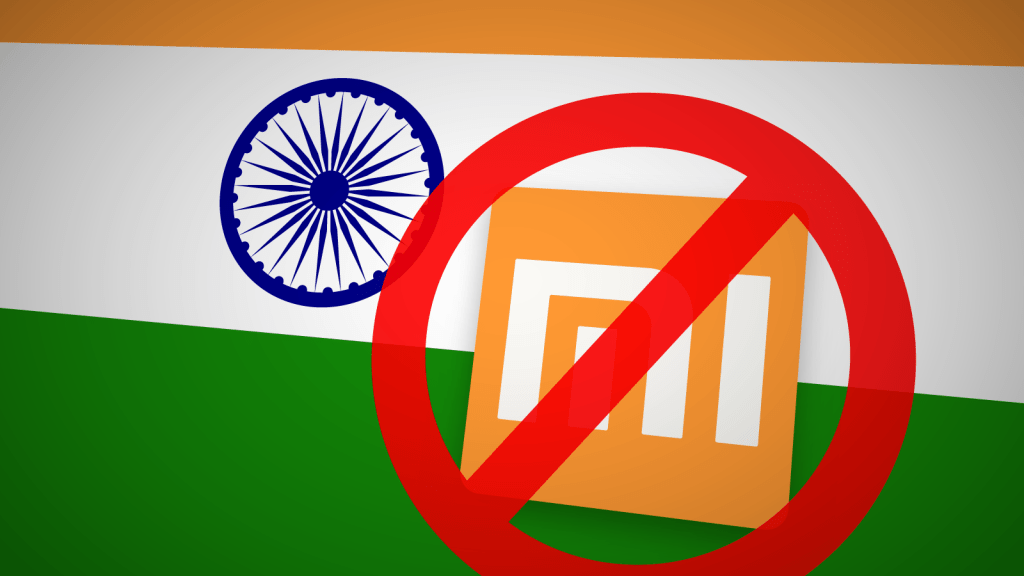Chinese phone company Xiaomi has said it is ready to open talks with Ericsson after a temporary ban was slapped on its smartphone business in India following its first patent spat.
Indian authorities have mounted a credible bid to own the tech news cycle this week. Fresh from a ban on Uber and then other unlicensed taxi apps in New Delhi, the city’s high court issued an injunction that prevents Xiaomi from importing and selling some of its smartphones in the country.
The high court granted an ‘ex parte’ injunction against the Chinese company following a patent complaint from telecom firm Ericsson, as Spicy IP first reported. Officials have been ordered to visit Xiaomi India’s office to ensure it does not sell, advertise, manufacture or import devices that infringe the patents in question.
Xiaomi sells its Mi3, Redmi and Redmi Note phablet in India, but it is not clear which models are affected by this ruling.
In a statement provided to TechCrunch, Ericsson described Xiaomi’s use of its Standard, Essential Patents (SEPs) as “unfair.” It said its action is “a last resort” after Xiaomi ignored more than three years of communication requests:
Ericsson’s commitment to the global support of technology and innovation is undisputed. It is unfair for Xiaomi to benefit from our substantial R&D investment without paying a reasonable licensee fee for our technology.
After more than 3 years of attempts to engage in a licensing conversation in good faith, for products compliant with the GSM, EDGE, and UMTS/WCDMA standards Xiaomi continues to refuse to respond in any way regarding a fair license to Ericsson’s intellectual property on fair, reasonable and non-discriminatory (FRAND) terms. Ericsson, as a last resort, had to take legal action.
To continue investing in research and enabling the development of new ideas, new standards and new platforms to the industry, we must obtain a fair return on our R&D investments. We look forward to working with Xiaomi to reach a mutually fair and reasonable conclusion, just as we do with all of our licensees.
Xiaomi — which began selling devices in India in July — claimed it had not received correspondence from the high court, but it did state its willingness to discuss the issue with Ericsson:
We haven’t received an official note from the Delhi High Court. However, our legal team is currently evaluating the situation based on the information we have.
India is a very important market for Xiaomi and we will respond promptly as needed and in full compliance with India laws. Moreover, we are open to working with Ericsson to resolve this matter amicably.
Ericsson is said to be negotiating compensation for patents with a number of Indian smartphone makers, and it could be that its dispute with Xiaomi goes the same way.
Xiaomi’s Hugo Barra said in October that the company assesses how its online sales model will work in new markets when deciding on expansions. Barra told the Wall Street Journal that litigation risks were not a factor, although critics have argued that possible patent infringement suits could affect it in the West.
Xiaomi is on track to sell 60 million smartphones this year and it is currently present in seven countries in Asia, having moved beyond its native China more than a year ago.
The company recently said it is easing back on new market launches, however, in order to focus on a number of key countries, including India and Indonesia. But it is widely expected to increase its presence in Southeast Asia and enter Latin America with its next wave of expansions in 2015. It’s not clear when, or indeed if ever, it will sell its products in the U.S. market.
Note: The original version of this article was updated to correct Hugo Barra’s previous comments.































Comment